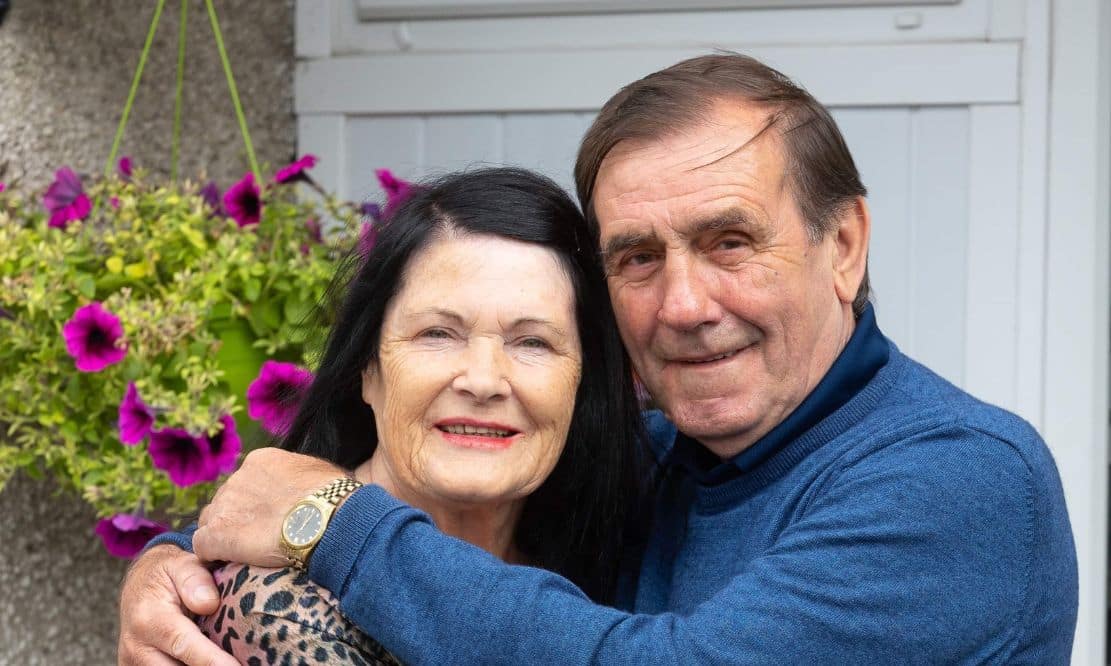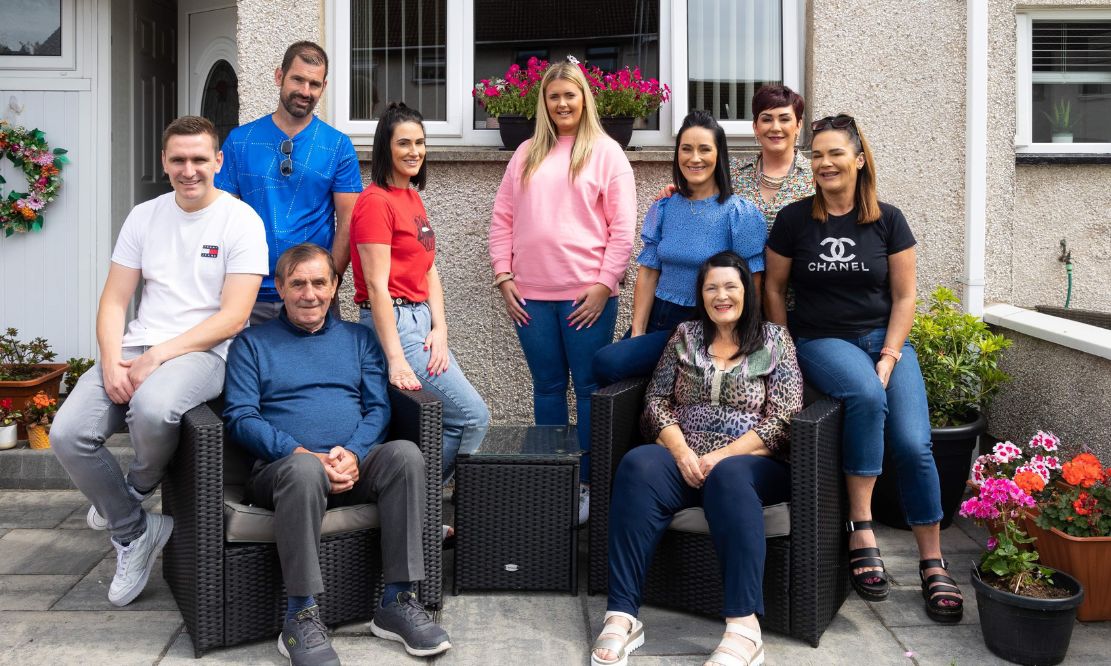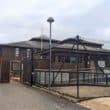
A Co. Armagh great-grandfather who has been living with lung cancer for over two years has backed calls for regular screening.
Gerard Greene (75) a retired bricklayer from Craigavon, had been unwell for several months before he went to see his GP and was eventually diagnosed with Stage-4 lung cancer in March 2021.
The tumour was inoperable, but Gerard received four rounds of chemotherapy, 10 sessions of radiotherapy and is currently being treated with immunotherapy.
A 20-a-day smoker up until 15 years ago, he is grateful that ongoing treatment has so far kept his tumour from growing and allowed him to lead a good quality of life.
New statistics from Cancer Research UK has found that hundreds of people could benefit from an early-stage lung cancer diagnosis if a screening programme for the disease was introduced in Northern Ireland.
The new analysis estimates that 1,400 more patients in Northern Ireland could be diagnosed with the disease at an early stage – when it is easier to treat – over the next decade if screening was introduced.
Cancer Research UK says the figures highlight the urgent need for the introduction of a targeted-screening programme for lung cancer which remains the leading cause of cancer death in Northern Ireland with around 1,000 dying from the disease each year.
With lung checks already being rolled out in England, there are currently no confirmed plans for an equivalent initiative in Northern Ireland where around 890 people are currently diagnosed at a later stage (stages 3 and 4) out of around 1,300 people diagnosed with lung cancer every year.
The UK National Screening Committee has recommended that all UK nations move towards implementing lung cancer screening to target those most at risk of developing lung cancer – people aged between 55 and 74 who either smoke or used to smoke.
Cancer screening programmes can help reduce deaths by diagnosing cancers early or preventing them from developing in the first place. If lung screening were to be introduced, every year around 140 extra cases could be diagnosed in Northern Ireland at an early stage (stages 1 and 2) rather than at a late stage (stages 3 and 4) – that’s 1,400 cases over the next decade.
The number of people diagnosed with lung cancer in the most deprived areas of Northern Ireland is 69% higher than the average.

Gerard and family
Gerard, a father of eight with 22 grandchildren and 16 great-grandchildren said: “To me it is simple, screening will save lives.
“I don’t know if in my case it would have made a difference but it could have. I was told my tumour was inoperable, if it had been picked up earlier with screening, then who knows what the doctors could have done.
“I feel blessed that the treatment is keeping it under control and I have a good quality of life, but for others who aren’t so fortunate, screening might have made the difference. If the government believes it will make a difference to people in England, then people here in Northern Ireland should have the same chance.”
Barbara Roulston, Cancer Research UK’s public affairs manager for Northern Ireland, said: “Lung cancer is a tragedy for Northern Ireland and is devastating families, some of those who live among our poorest communities. The introduction of a targeted lung cancer screening programme is a real chance to change that.
“Access to lung screening matters because it means more people may be diagnosed at an early stage, when more treatment options are available. There have been big improvements in how we diagnose and treat other forms of cancer, but long-term lung cancer survival in the UK isn’t much higher than it was 50 years ago.
“This is unacceptable when evidence shows that earlier diagnosis through lung cancer screening can potentially help hundreds of people live longer healthier lives.”






